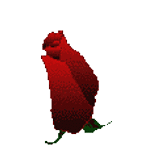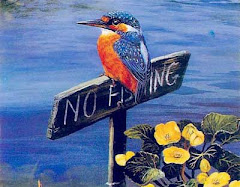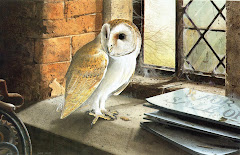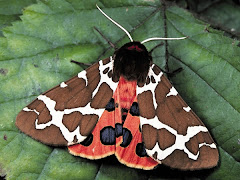You won’t be disappointed!!!

Dartmoor National Park, dat een gebied van
ruim 500 vierkante kilometer bestrijkt, heeft met
heide begroeide vlaktes en diepe, beboste valleien,
prachtige waterbekkens zo groot als meren en
bruisende, met rotsen bezaaide riviertjes,
welvarende marktstadjes en dorpjes, lappendekens van landbouwgrond en rotsige granieten torens.
Het park is hiermee het grootste en meest wilde gebied
in Zuid-Engeland. Meer dan de helft hiervan bestaat
uit moors, open heidegebied,
en nog 11% is bedekt met bossen.
Het National Park Authority onderhoudt
de natuurlijke schoonheid van de moors en het
economische en sociale welzijn van de
32.000 mensen die leven en werken op Dartmoor.


Dartmoor is niet alleen wild, het is ook speciaal.
Er zijn natuurgebieden en plekje die zijn
genomineerd als gebied van Special Scientific Interest,
bedreigde vogels en zeldzame planten, en duizenden
eeuwenoude monumenten en archeologische
overblijfselen waaronder grafkamers, steencirkels
en menhires, meer dan waar ook in Europa.
Er zijn overblijfselen van mijnen en steengroeves,
en aan de rand van de moors vindt u kasteelruïnes,
mooie dorpjes, middeleeuwse abdijen,
oude kerken en bruggen.

Je kunt je eigen route nemen of meelopen
met 1 van de wandelingen met gids.
Als je wat avontuurlijker bent ingesteld dan zijn
er stallen waar paardrijtochten mogelijk zijn voor
alle leeftijden, er zijn fietsroutes en fietsen
te huur zijn, vissen in de waterbekkens en
rivieren en uitdagende rotsbeklimmingen.
Als dit allemaal te uitputtend klinkt, neem dan
een time-out in een van de fascinerende musea,
landhuizen en tuinen, informatie centra en
oude spoorwegen van Dartmoor.


The Dartmoor National Park covers an area of
368 square mile and is quite simply breathtaking.
It is the largest area of open moor land
in southern England
and will charm you with its wild,
heather covered moors
grazed by delightful Dartmoor ponies and
Blackface sheep, well weathered granite tors,
unruly rivers and pretty streams.
You can join one of the local guided walks, try your
hand at horse riding or challenge yourself to climb
some of the many rock formations. If that all sounds
too exhausting, why not treat yourself to
a delicious Devon Cream Tea.
Okehampton is a quaint market town and
is a great place for anyone who loves the outdoors.
There is also a Victorian shopping arcade
and a museum to tempt you.
You could explore Tavistock, an ancient tin
marketing town, with picturesque streets
and also the old ruins of a Benedictine abbey.
Dartmoor is a fascinating and diverse area.


Dartmoor in Devon was designated a
National Park in 1951,
with the aim to ensure the conservation,
sustainable development, understanding and
enjoyment for everyone. Dartmoor National Park
hosts thousands of ancient monuments and
archaeological sites, including burial chambers,
stone circles and menhirs - more than anywhere
else in Europe, as while as miles of paths and tracks,
and vast areas of moorland waiting to be explored
whether you choose to explore on foot,
horse back or bike.

Dartmoor is famous for it's "Tor's" which are large hills,
topped with outcrops of bedrock, which in granite
country such as Dartmoor are usually rounded boulder-like formations. There are over 160 tors on Dartmoor,
so you can see how many you can discover.
The best know Tor is Haytor, which has
a visitors centre built nearby.
Many stories of ghostly goings on abound on
Dartmoor as well as traditional tales and folklore.
Click on the key below to view the
Myths & Legends of Dartmoor.
Check out these things-to-do/myths-legends.

Jay's Grave
There are many variations on the tale of Jay's Grave,
but the story at the heart of it remains the same.
Kitty Jay was a 19th century farm worker who
became pregnant and hung herself
when her lover disowned her.
In those days suicides were buried at crossroads
in order to confuse their spirits, so that they couldn't
find their way back to haunt the living.
The twist to this legend is that even now,
fresh flowers appear on Jays' Grave every morning,
but no one knows who leaves them, even though
rumours say they're left by pixies.
Novelist John Galsworthy, who once lived in nearby
Wingstone Farm, wrote his novell
'The Apple Tree' which is based on Kitty Jay's tale.

Symbols Key:

Folklore & Legends

Ghosts

Haunted Accommodation

















































































